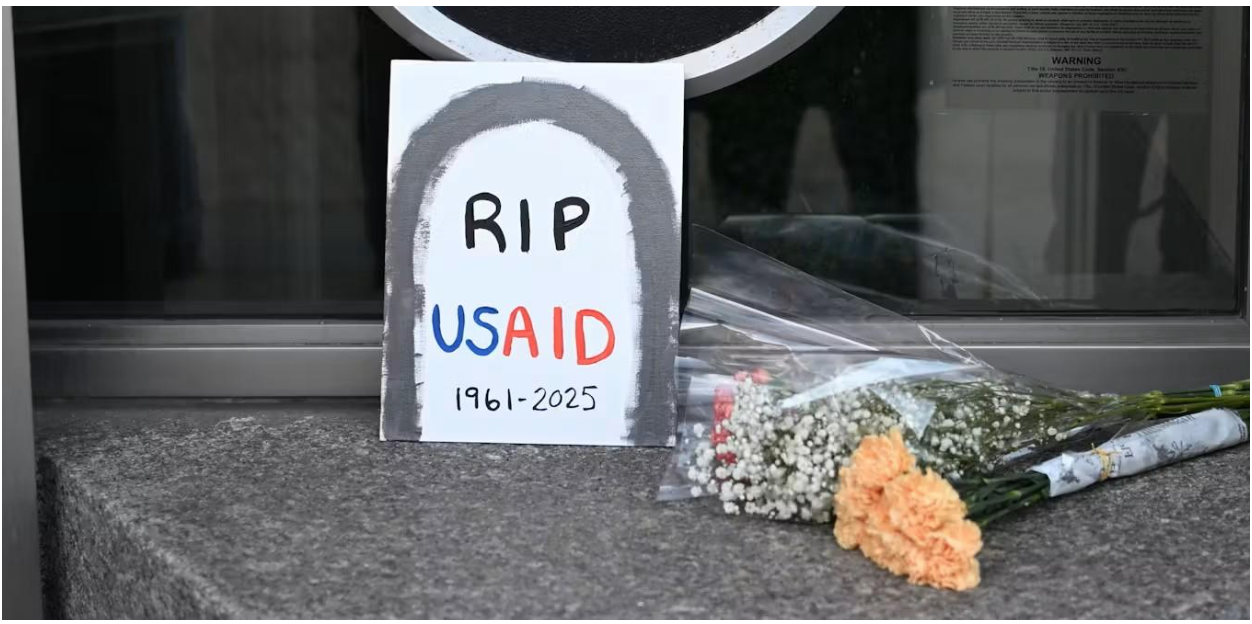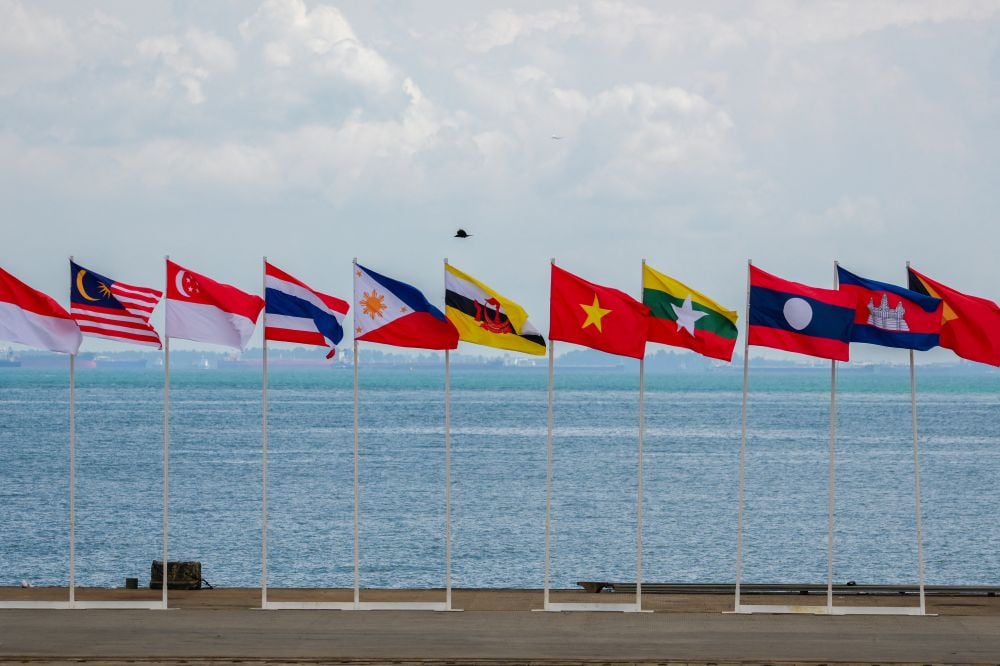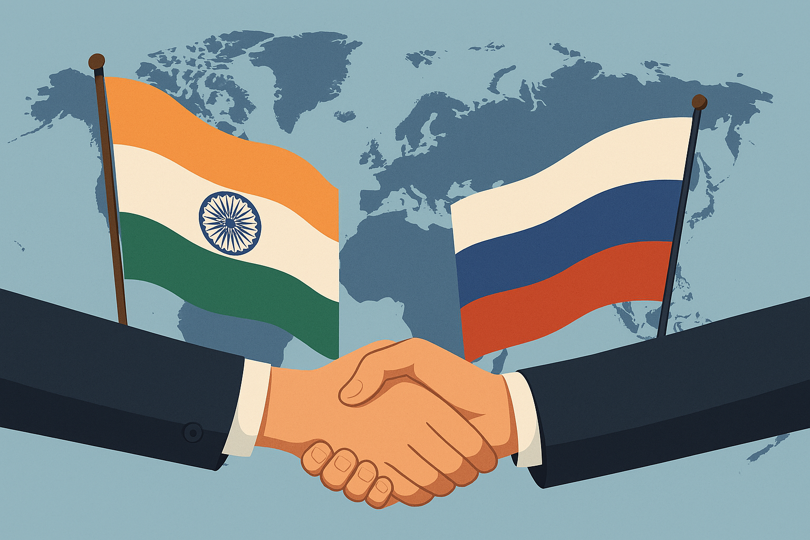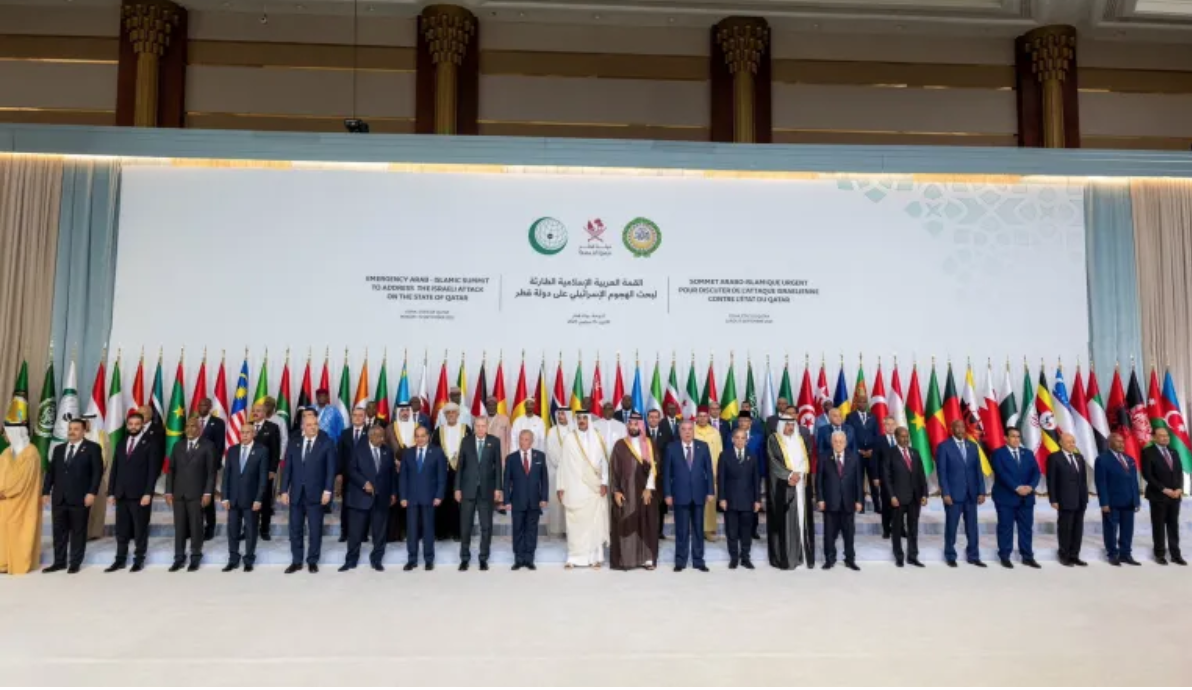The abrupt suspension of the United States Agency for International Development (USAID) in early 2025 has triggered far-reaching implications for global development and stability. As one of the largest foreign aid agencies, USAID has historically served as a critical pillar of humanitarian relief, governance reform, and sustainable growth in over 100 countries. Its sudden withdrawal under the Trump administration not only destabilizes ongoing aid programs but also reshapes the geopolitical landscape.
From a humanitarian perspective, the suspension endangers millions of vulnerable populations who depend on USAID-funded food assistance, disaster relief, and refugee support. Programs addressing acute crises in regions like Syria, Yemen, and sub-Saharan Africa risk collapse, exacerbating food insecurity and prolonging displacement. Equally concerning is the disruption of public health initiatives, including vaccination drives, HIV/AIDS treatment, and maternal health services. For low-income countries that rely heavily on donor-funded healthcare, the halt in funding threatens to reverse decades of progress in immunization and disease control. The economic fallout is similarly acute. USAID’s grants and concessional loans have long bolstered small businesses, agricultural development, and infrastructure projects in fragile economies. The suspension withdraws a lifeline for entrepreneurs and workers, undermining local growth and widening inequalities. More broadly, trade networks and supply chains tied to USAID projects—particularly in agriculture—may experience significant setbacks, compounding global economic fragility.
Diplomatically, the suspension weakens U.S. soft power. For decades, USAID has been instrumental in projecting American influence by fostering goodwill and embedding democratic values abroad. Its absence risks creating a vacuum that rivals such as China and Russia are poised to fill. Through initiatives like the Belt and Road, Beijing is likely to expand its footprint in Africa, Asia, and Latin America, offering alternative development financing with fewer political conditions. This shift may erode Washington’s credibility as a reliable partner and accelerate the reconfiguration of global alliances. The environmental and social dimensions further illustrate the magnitude of the consequences. USAID’s suspension halts renewable energy, reforestation, and climate adaptation programs vital for communities facing rising sea levels and extreme weather. Civil society organizations—often dependent on USAID support—are left weakened, undermining democratic resilience and accountability in fragile states. Educational programs are also jeopardized, threatening literacy and school access for millions of children. Collectively, these setbacks risk deepening global inequality and stalling progress on the Sustainable Development Goals (SDGs).
Bangladesh exemplifies the localized but severe consequences of this decision. As a long-standing recipient of U.S. assistance, Bangladesh faces disruptions across public health, climate resilience, and economic growth. Most pressing is the Rohingya refugee crisis: USAID has been the largest donor supporting nearly one million refugees in Cox’s Bazar. The withdrawal of funding could escalate humanitarian distress, straining Bangladesh’s limited resources and testing its social stability. In conclusion, while the suspension of USAID exposes inefficiencies and longstanding criticisms of the aid system, its abrupt nature magnifies vulnerabilities across the globe. The long-term consequence is a potential reordering of international development finance, with U.S. influence diminished and rival powers gaining leverage. For aid-dependent nations, this crisis underscores the urgency of diversifying funding sources, strengthening domestic resource mobilization, and forging regional cooperation. Ultimately, the suspension marks not just a disruption in aid but a pivotal moment in the geopolitics of development.





